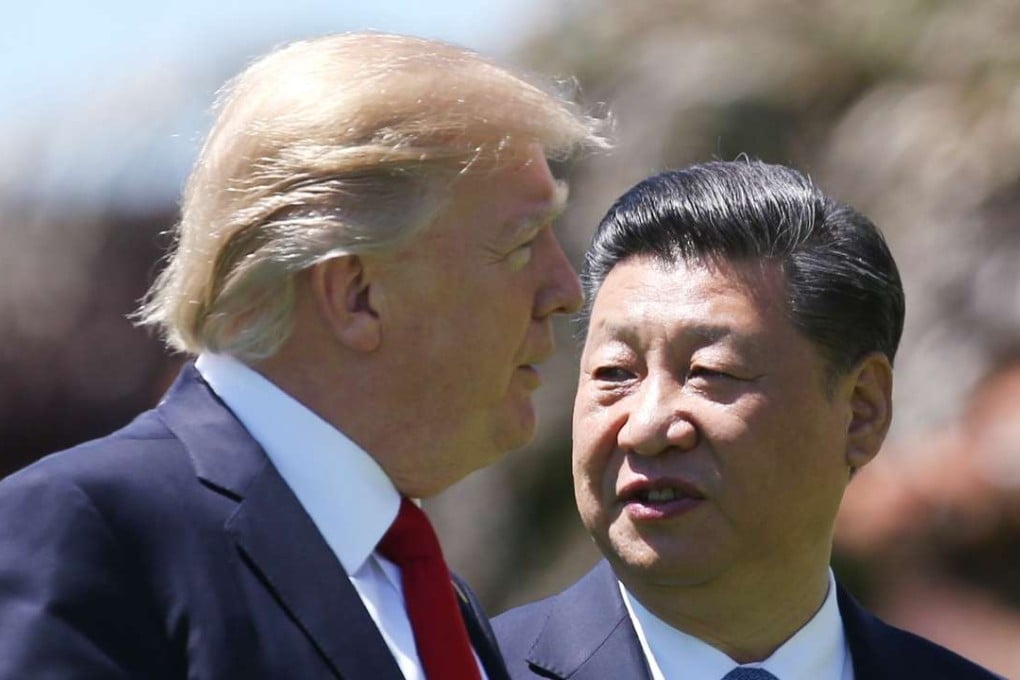Advertisement
Xi, Trump agree on trade, military talks but appear at odds over North Korea
China, US announce 100-day plan to boost trade ties, but Washington ‘prepared to chart own course’ over Pyongyang’s nuclear development
Reading Time:2 minutes
Why you can trust SCMP

China and the US have wrapped up their two-day presidential summit with a bold 100-day plan to tackle their trade disputes and explore new ways to enhance military dialogue.
But the two sides appeared to be at odds over how to deal with North Korea, even though both agreed to rein in the reclusive state’s nuclear weapons programme.
Advertisement
US President Donald Trump dropped his anti-China rhetoric during talks with his Chinese counterpart Xi Jinping, saying he had made “tremendous progress in our relationship with China”.
A key achievement cited by the US side was an action plan to address trade imbalances between the two nations, a common complaint in the United States.
Advertisement
Advertisement
Select Voice
Choose your listening speed
Get through articles 2x faster
1.25x
250 WPM
Slow
Average
Fast
1.25x